Photographs: Rupak De Chowdhuri/Reuters Business Standard
First-quarter results for Indian companies have revealed that a turnaround is not around the corner; in fact, it’s not even visible at the moment. Business Standard reported on the results shown by a sample of 1,961 companies – excluding banking and finance, and state-owned petroleum companies – and there is no way to read the average figures without disquiet.
Most obviously, year-on-year growth in sales revenue was 3.6 per cent - the lowest for any quarter in over three years.
...
India Inc faces a long and dark winter
Image: An employee works inside a bulb-manufacturing factory in Kolkata.Photographs: Rupak De Chowdhuri/Reuters
When seen with wholesale price inflation running at around or over five per cent annualised, the implication is that real growth in demand has turned negative, with ominous consequences for future corporate performance as well as the possibility of further investment and a consequent revival.
Furthermore, the averages reflect a generalised slowdown across various individual sectors, rather than being concentrated in certain “troubled” and recession-hit sectors like capital goods and infrastructure.
...
India Inc faces a long and dark winter
Image: A worker of a food superstore arranges products inside a mall in Ahmedabad.Photographs: Amit Dave/Reuters
Now, all manufacturing sector companies in particular are taking a hit. The only saving grace continues to be the “defensive” sectors of fast-moving consumer goods and pharmaceuticals, which have shown easy profits, and information technology, which has seen its export market in the United States revive.
The troubles of corporate India are most apparent in adjusted net profits (arrived at after excluding extraordinary transactions), which declined compared to the equivalent quarter of 2012-13. This isn’t coming just from a fall-off in sales revenue. It is worth noting, in particular, that operating margins have not done so badly, which indicates that companies are managing to continue to cut operating costs, a method that the stressed Indian private sector has effectively used to moderate its fall in recent times.
...
India Inc faces a long and dark winter
Image: A worker cleans the glasses of a building in the commercial hub of New Delhi.Photographs: Parth Sanyal/Reuters
After all, any fall in demand that is so steep, however, will certainly mean that pricing power has largely vanished from Indian companies, and that they will struggle to increase the prices of their products - causing them to rely on control of costs.
But that’s where the real problem has hit Indian companies and prevented them reacting properly to a slowdown in demand: interest costs continue to rise sharply. They rose by 19 per cent, which has created a big hole in the balance sheet that in a time of slowdown is impossible to fill.
...
India Inc faces a long and dark winter
Image: A retail trader scoops kidney beans at his shop in Jammu.Photographs: Amit Gupta/Reuters
Earnings before interest, depreciation and taxes grew just two per cent as a consequence. Chances of a recovery, thus, are slight in the short or medium term. The real costs of the Reserve Bank of India’s hard line on inflation and the rupee are now becoming visible.
And, given its recent doubling-down on this strategy, constraining liquidity in the markets, it is unlikely that banks will be able to ease lending rates any time soon. And, in the absence of easier credit, interest costs will continue to be high, eating into profits. This will also hurt recovery.
...
India Inc faces a long and dark winter
Image: A Reserve Bank of India official opens a bundle of rupee notes.Photographs: Roy Madhur/Reuters
Given that a recovery needs investment, high rates that compress profits will not leave much for reinvestment by companies. Nor will investment look promising, with the cost of bank capital remaining high. Companies have survived so far on resilient Indian demand.
But tight money has now succeeded in constricting it - although with minimal discernible impact on inflation. Until the RBI eases up, India Inc will continue to hurt.

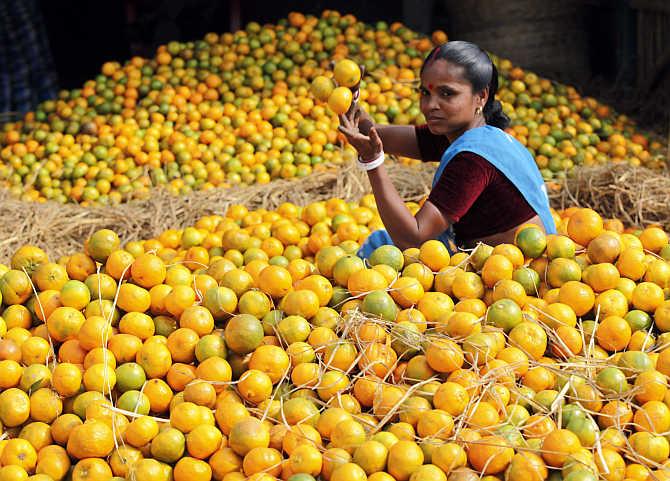
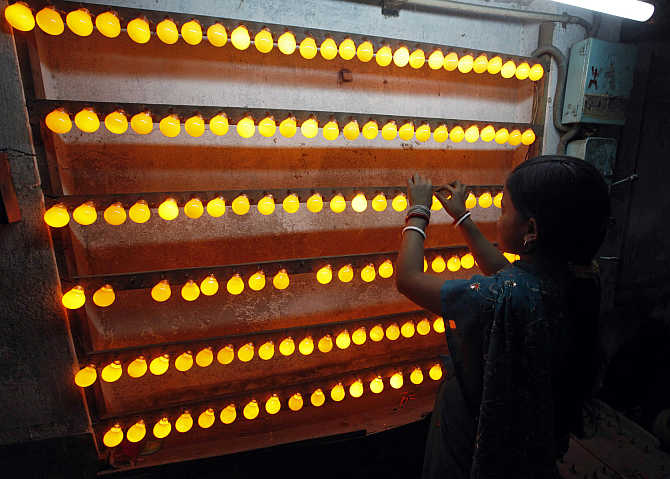
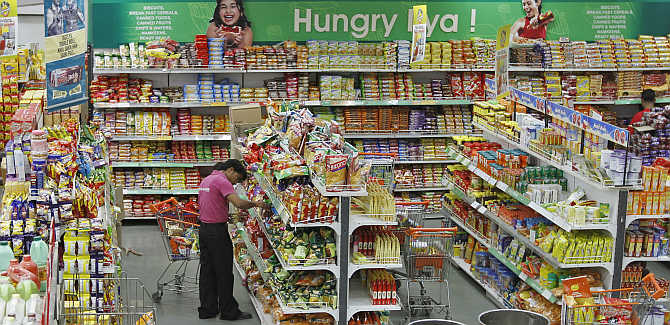
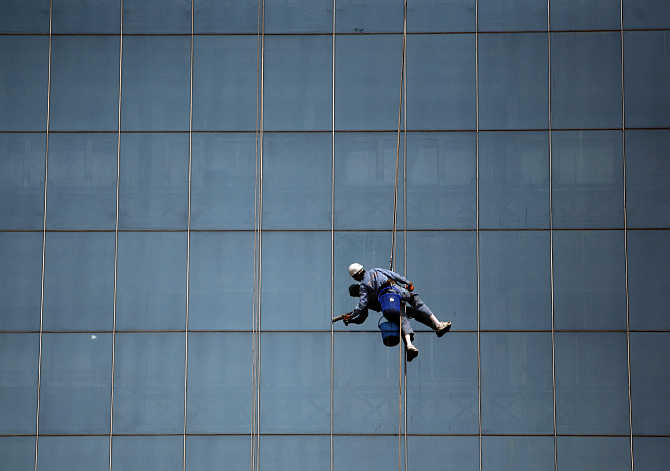
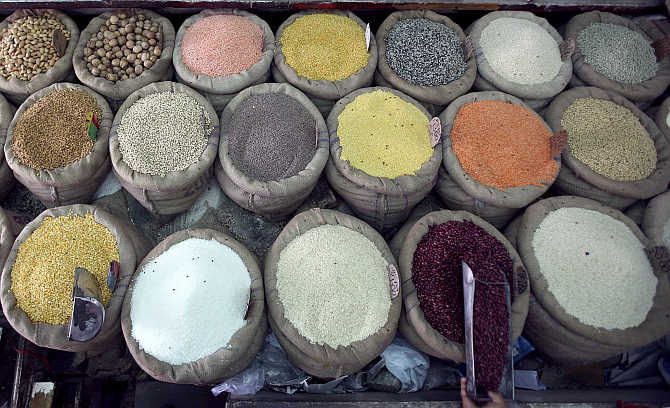
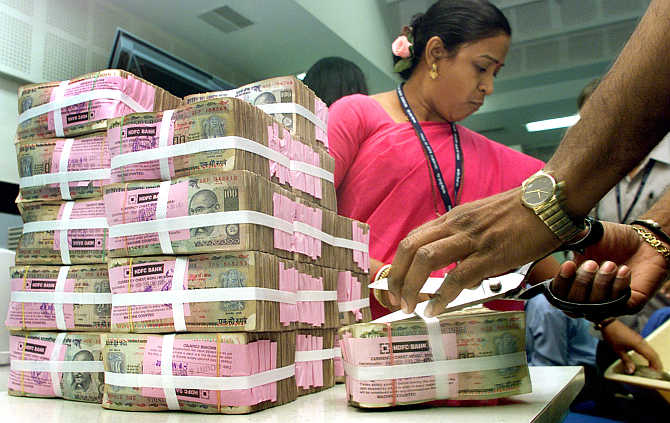

article